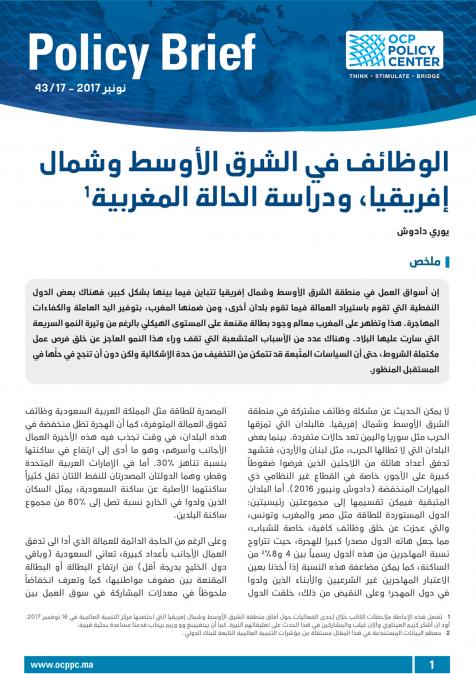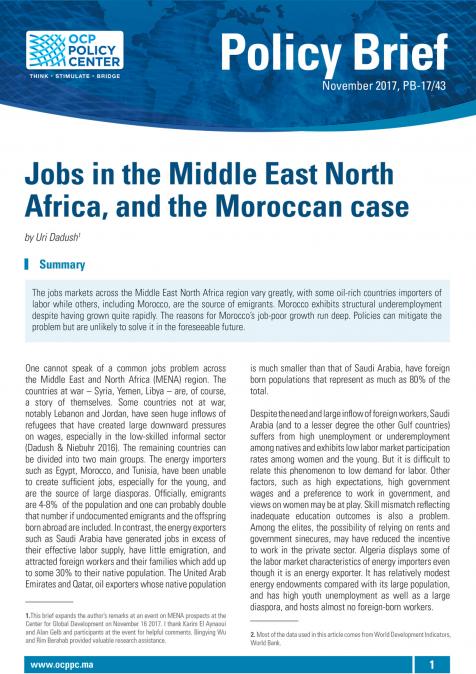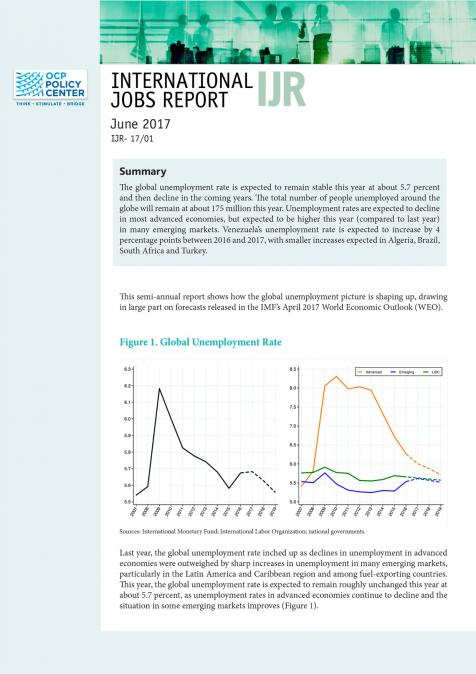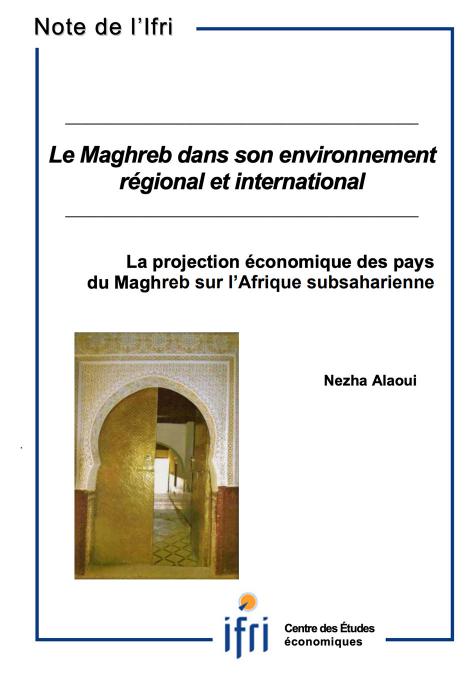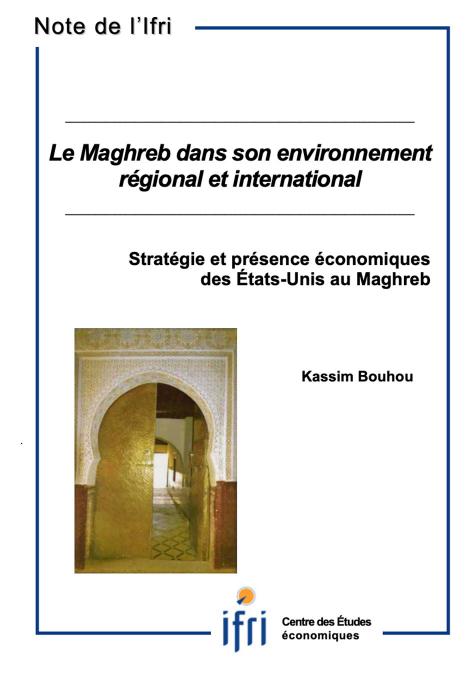Publications /
Policy Paper
The contribution that the diaspora makes to development in the country of origin is examined. Drawing on a recent World Bank survey of migrants from the MENA countries, the needs of the diaspora and the development role it can play through its organizations are reviewed. A constructive interaction with the diaspora can be greatly enhanced by supportive policies in the country of origin. The main focus of the paper is on the Middle East and North African region, and more specifically on Morocco and how it compares with other world regions where migration plays an important role. The best possible outcome for the migrants’ countries of origin would be reforms that accelerate growth and foster job creation. However, even the best designed and most assiduously implemented reforms will not yield results quickly enough for the young and burgeoning population. That is why policies that forge stronger links with the diaspora and facilitate emigration of those that cannot find good jobs at home can make sense as part of a broader development strategy. Many of today’s high income countries, such as Ireland, Italy, and Swedenwere once countries of very high emigration.


